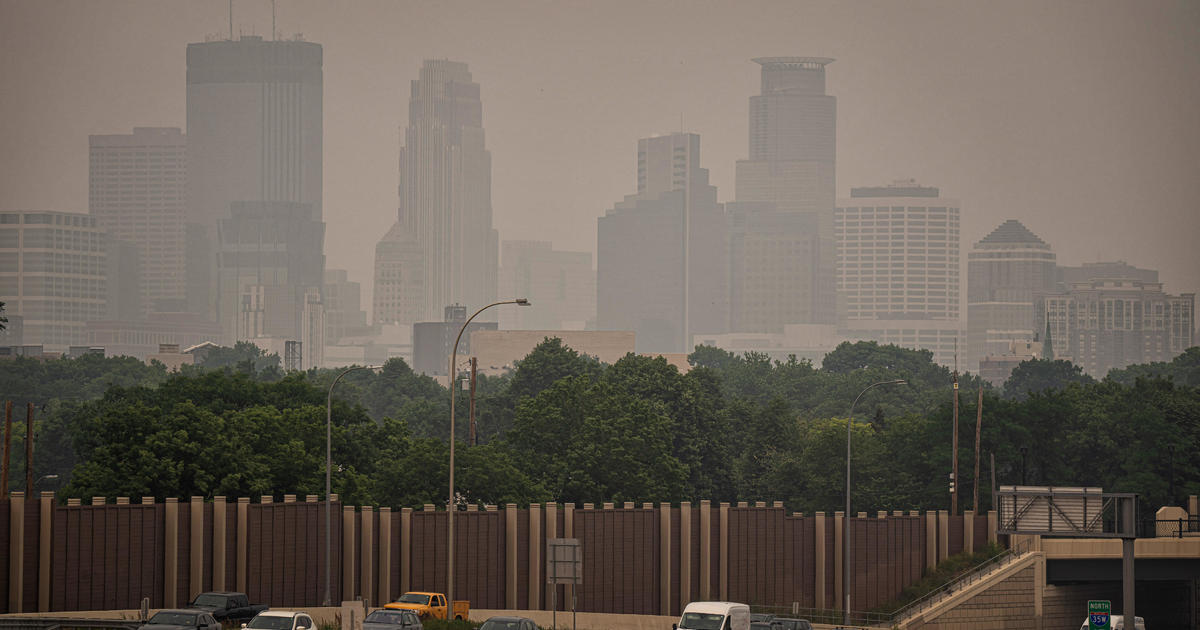Busting Some Enduring Medical Myths
MINNEAPOLIS (WCCO) -- There are a lot of mixed messages when it comes to our health. Drink coffee, don't drink coffee. Eat this, now don't eat it.
So the WCCO Morning Show brought in an expert to dispel some medical myths. Dr. Jess Prischmann said the questions she is most often asked, as a surgeon, is whether anesthesia is safe and whether scars can be minimized.
But there are a lot of other common questions that aren't necessarily based in fact. Here are some of them.
Does eating chocolate make your break out?
This myth gets a firm "maybe" from Prischmann. Study results have both proven and debunked this myth. She said, "Anybody who treats acne knows that it's such a complex condition." It could be a factor, but it could just as easily be related to any other number of issues.
Does drinking water gets rid of wrinkles?
It's a myth, Prischmann said. "Wouldn't it be great if we could drink water every day and get younger?" Furthermore, it's also a myth to say you need to drink eight glasses of water every day to stay hydrated and healthy. So long as your urine stays a light yellow color, that indicates you're getting enough water.
Is Vaseline the best moisturizer for your face?
"If it's their secret to great-looking skin, great," Prischmann said. "But it's probably not working as a moisturizer. It's probably just preventing moisture loss from the skin." Prischmann said she also has seen the usage of Vaseline lead to the formation of milia, or small white bumps on the skin.
Do your ears and nose get bigger as you age?
Prischmann said she understands why people would think this, but unless you have a rare condition called Rhinophyma, your ears and nose don't get bigger as you age. On the contrary, many things get smaller, your jaw loses height. Your nose may get longer, which coupled with the shrinkage elsewhere, may give off the illusion that your nose is actually getting larger.
Should you suck out the venom after a snakebite?
One study where suction was applied to a snakebite using equipment, rather than human suction, ended up extracting roughly 2 percent of the venom, Prischmann said. "That's totally a Hollywood myth," she said, adding that most snakes in the U.S. are not venomous. If you or someone you know is bitten by a snake, you should try take a picture of it to take to the emergency room.
Is butter really the best treatment for burns?
First off, if you have a severe burn, skip the refrigerator and head to the emergency room. If you have a minor burn, run it under cold water to dispel the heat under the skin, Prischmann said. An ice pack is probably too cold, though. Keeping the skin clean is key, so use sterile bandages. Salted or not, butter will not be the thing you want to put on your skin.



